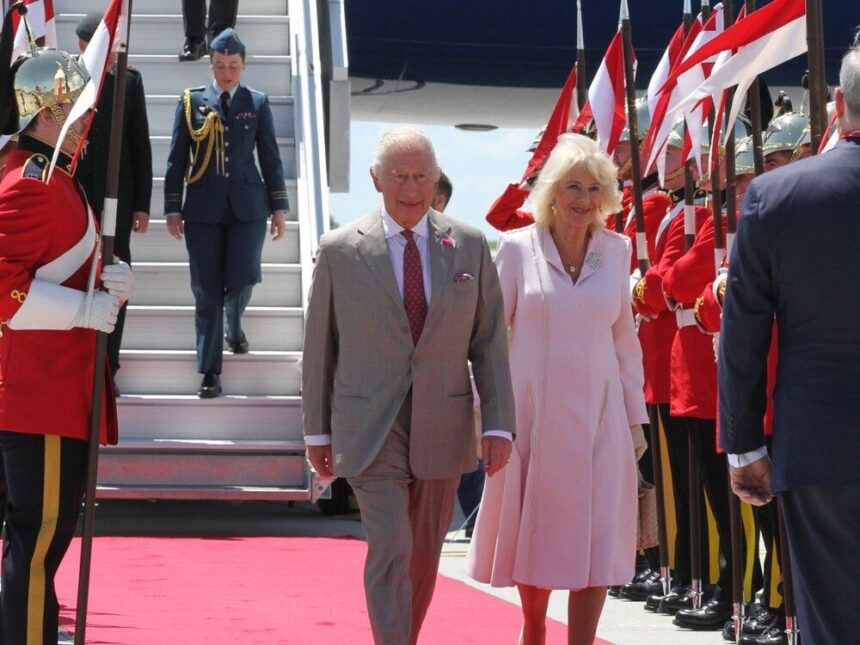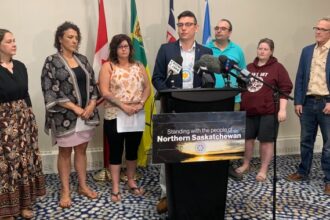In a striking revelation that challenges conventional political narratives, recent polling data shows that Albertans maintain substantial support for the monarchy despite the province’s growing separatist sentiment. This unexpected loyalty to the Crown emerges as the “Wexit” movement—Alberta’s answer to Brexit—continues to gain momentum in Canada’s energy heartland.
The Angus Reid Institute survey revealed that 58% of Albertans favor retaining ties with the British monarchy, placing the province second only to Saskatchewan in royal support across Canada. This stands in curious contrast to the same region’s increasing frustration with federal policies that many locals perceive as disadvantageous to Alberta’s economic interests.
“What we’re seeing is a complex political identity forming in Alberta,” explains Dr. Martha Richardson, political scientist at the University of Calgary. “Many Albertans can simultaneously hold strong attachments to traditional Canadian institutions like the monarchy while questioning their place within the current federal structure.”
The royal support appears most robust among conservative voters and older demographics, with 67% of Albertans over 55 expressing favorable views of maintaining monarchical ties. Meanwhile, the separatist Wildrose Independence Party has captured approximately 20% support in recent provincial polling—a significant figure that has established parties concerned.
Economic grievances remain the primary driver behind separatist sentiment. Alberta’s unemployment rate continues to hover above the national average at 6.8%, while the province sent approximately $20 billion more to Ottawa in federal transfers than it received in services—a disparity that fuels resentment among many residents.
“The monarchy represents stability and tradition for many Albertans, even as they question their economic relationship with the rest of Canada,” notes Jason Kenney, former premier. “This isn’t contradictory—it reflects a nuanced view that distinguishes between cultural heritage and contemporary political arrangements.”
International investors are watching developments closely. Energy sector analysts point out that even the perception of political instability could affect investment decisions in Alberta’s oil industry, which accounts for nearly 30% of the province’s GDP.
The polling data presents a challenge for federal policymakers attempting to address western alienation. While pipeline approvals and energy sector support might address economic concerns, they may not fully resolve the deeper questions of identity and belonging that the separatist movement has tapped into.
As Alberta navigates these complex political currents, the enduring support for the monarchy serves as a reminder that regional identity is rarely one-dimensional. It raises an essential question for all Canadians: can our federation evolve to accommodate both the distinctive regional identities and shared national symbols that define our complex political landscape?










